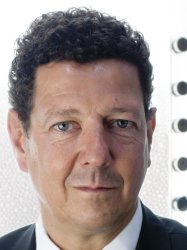BibTex format
@article{Cruise:2022:1361-6463/ac5081,
author = {Cruise, RD and Hadler, K and Starr, SO and Cilliers, JJ},
doi = {1361-6463/ac5081},
journal = {Journal of Physics D: Applied Physics},
pages = {1--14},
title = {The effect of particle size and relative humidity on triboelectric charge saturation},
url = {http://dx.doi.org/10.1088/1361-6463/ac5081},
volume = {55},
year = {2022}
}

